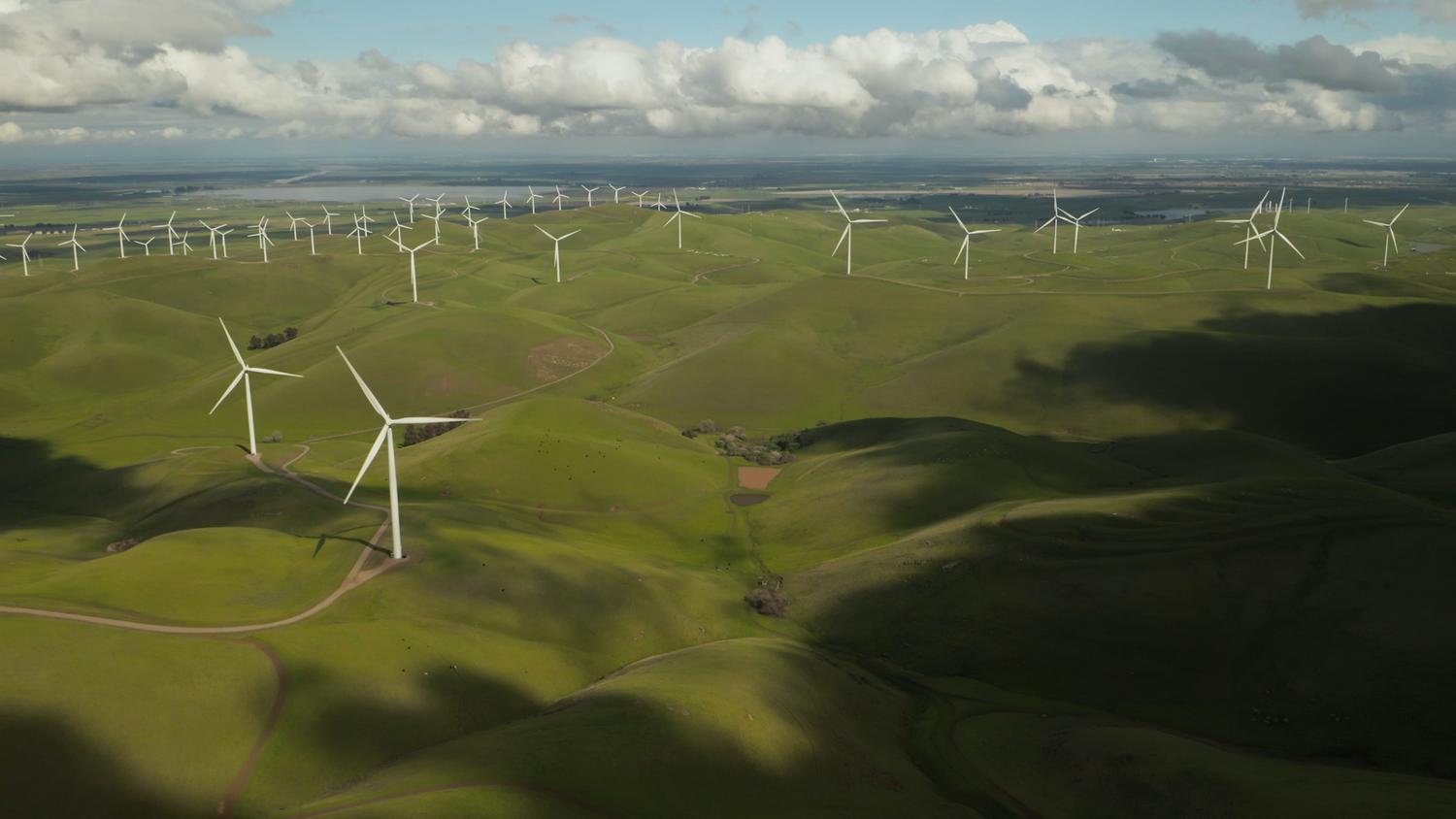Americans are falling out of love with the tech industry.
We shouldn’t be surprised. Positive news coverage of the tech sector declined from 60 percent to 16 percent between 1986 and 2013, according to a study last year by the Information Technology and Innovation Foundation.

That number would almost surely be lower if it factored in the past few years’ parade of scandals and data breaches. But tempting as it may be to chalk our reputational woes up to a couple of bad years, the study points to a much deeper problem.
For decades, the tech industry has been hiring the world’s brightest minds to solve increasingly complex technological problems. Instead of addressing problems of real consequence, their talents and efforts are too often aimed at solving problems of convenience. As someone who has been building technology companies my whole career, I am among those who bear responsibility for this.
Today, it’s easy to hail a car, listen to music anywhere, and bring the store to your door. I won’t discount the value of these services to the consumer. However, our society’s most complex challenges — like reversing climate change, curing diseases, and preventing catastrophic accidents — often get the backseat in Silicon Valley.
The good news? The tech sector already has the foundation it needs to take on these big issues, a foundation made of Big Data and incredible computing power. And our world’s industries, the backbone of the global economy, are eager to leverage these capabilities. Today, because of sensor technology, machines produce vast amounts of data. This data is doubling every two years and can be captured and stored like never before.
The problem – and the opportunity – is that we are only using about 1 percent of the data. Just imagine if you went to work and read only 1 of 100 emails. That’s how “smart” our “smart machines” are today. By harnessing and analyzing the other 99 percent of data available with the emerging technologies we have at our fingertips, we can have massive impact. And this change can happen quickly, too.
In transportation, new technologies like virtual stress tests can leverage data to allow our rail and truck fleets to assess equipment health, without wasting any fuel. Introducing these virtual tests across all locomotives and trucks would save the U.S. millions of gallons of diesel fuel every year.
We can also use data to produce more carbon-free renewable energy. In the wind industry alone, if we cut down on preventable downtime, the U.S. would create enough untapped energy to power every home in Chicago for a year. Some companies are already employing this approach. And by putting the extra renewable energy to use, we could avoid adding 8.9 million tons of carbon dioxide to our atmosphere every year, the equivalent emissions of 1 billion gallons of gasoline, according to EPA estimates.
On a global scale, machine and operational downtime costs industries $647 billion every year, according to the International Society of Automation. That amount is roughly the size of the Saudi or Swiss economy. This downtime – waste, really – creates added costs that get passed on to all of us in the form of increased prices for goods and services we rely on, higher taxes, and an environmental toll. With every percent of downtime we reduce, we will see the benefits multiply.
By drawing on data generated by people, systems and machines, it is now possible for businesses to predict and stop potential issues before they happen, converting savings into resources that can be reinvested in the business. This has the potential to raise standards of living across the world.
New technologies don’t come without their challenges. It’s never simple. Much has been written about the potential for technologies such as automation to displace human labor. And while most workers believe new technology will ultimately create jobs, the new jobs created by technology will be different from the ones that disappear, and require skills that displaced workers may not have, as labor experts Helena Leurent and Eilyn Shook have pointed out.
To ensure the benefits of the ongoing revolution are broadly shared, tech companies and titans of industry must invest in educational resources to provide more workers with the skills they need to succeed. Proactively addressing this challenge will also protect companies from potential skilled labor shortages.
Creating a sustainable world that works is one of the greatest challenges of our time. By drawing on data and technology to make industries more efficient, we can shape our world in ways once unimaginable.
It’s our job to seize that opportunity, and to measure our success by the number of people whose lives are improved by our work. If we take it seriously, we might just regain the public’s trust.